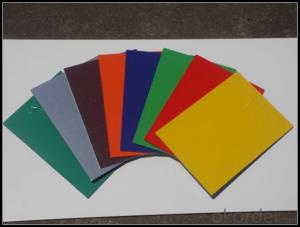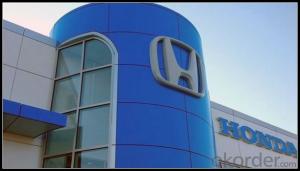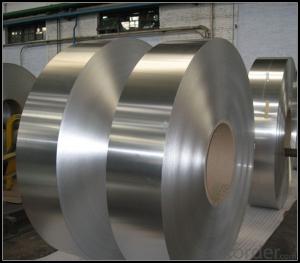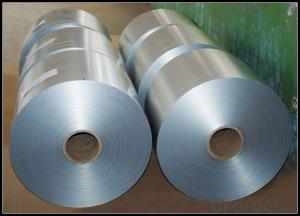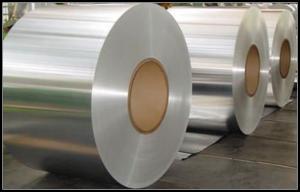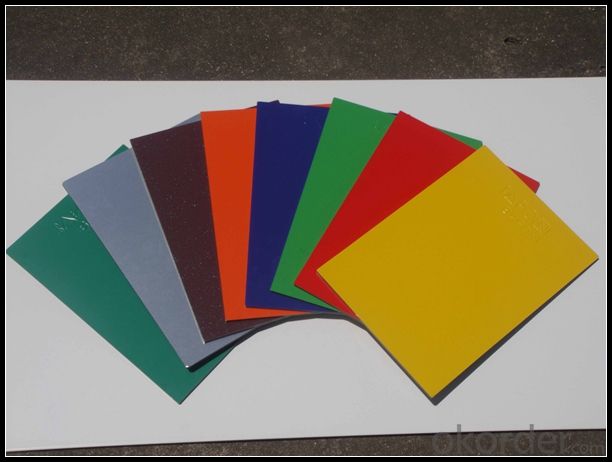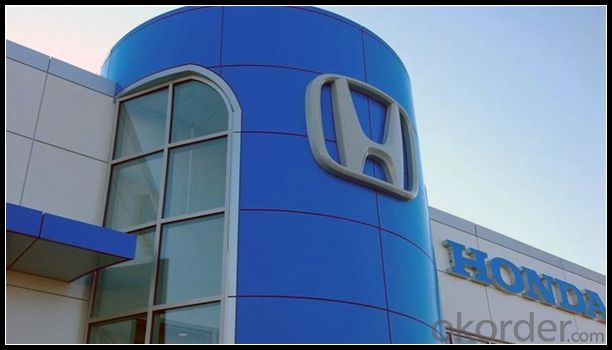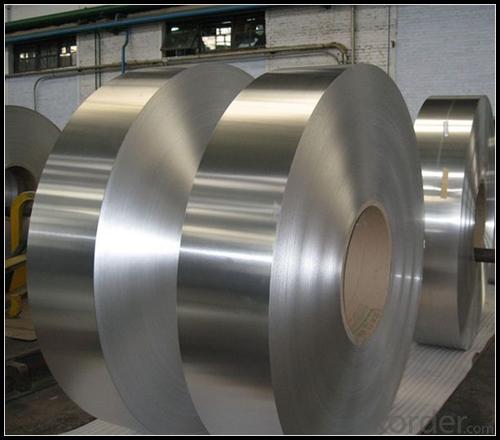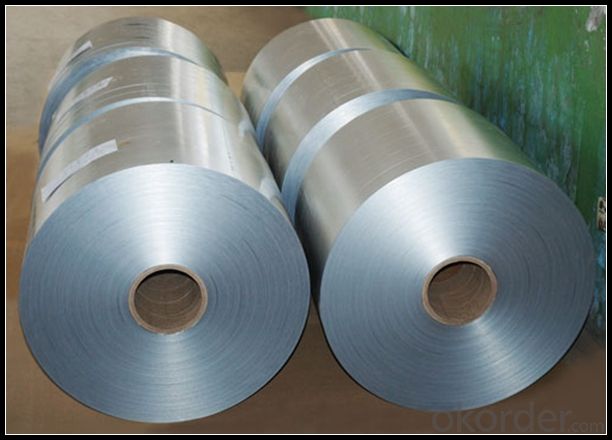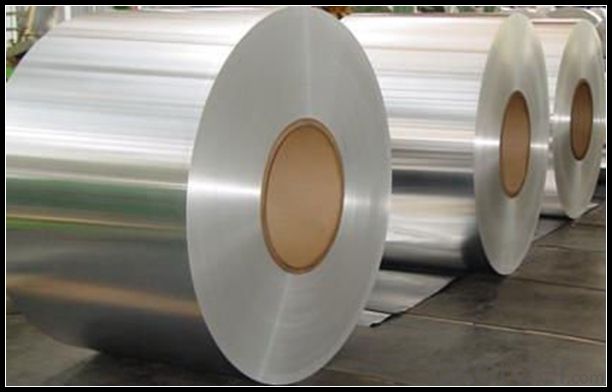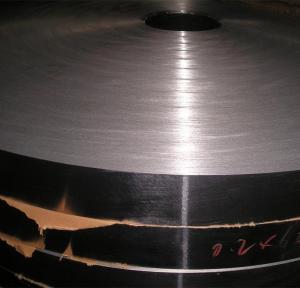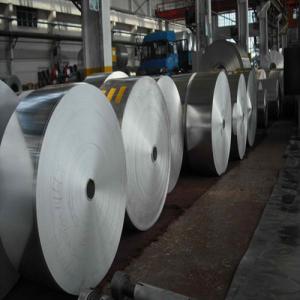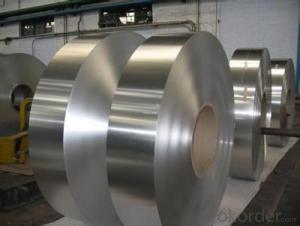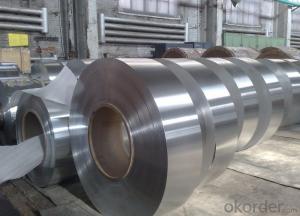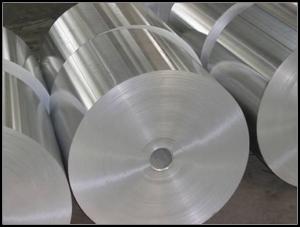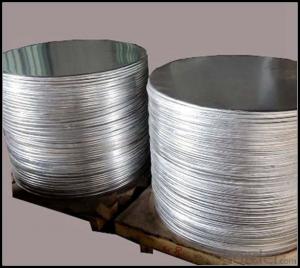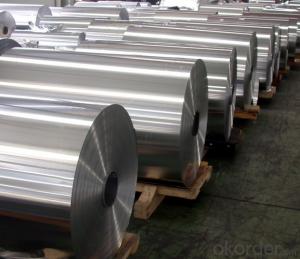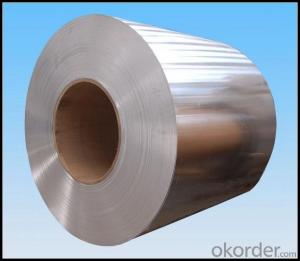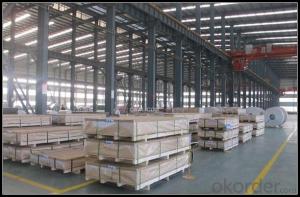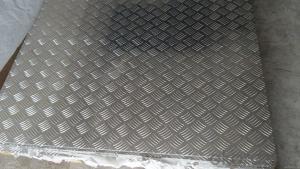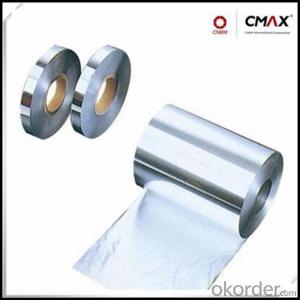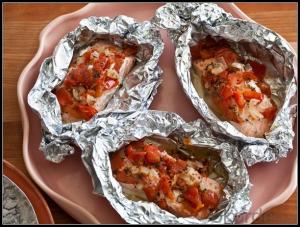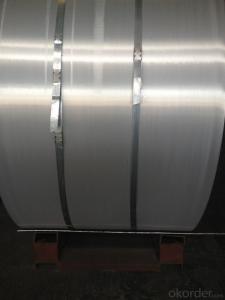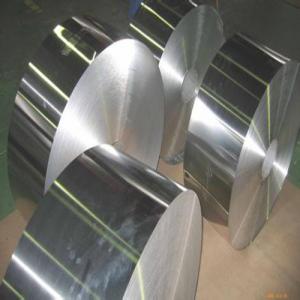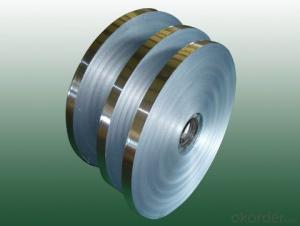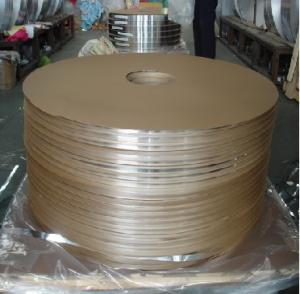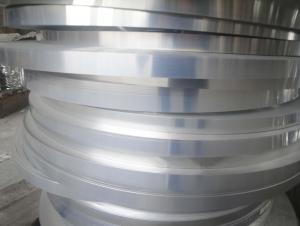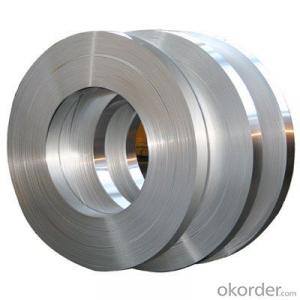4 Inch Wide Aluminum Strips - Aluminium Sheets/Coil 5005 with Different Specifications
- Loading Port:
- Tianjin
- Payment Terms:
- TT OR LC
- Min Order Qty:
- 1 m.t.
- Supply Capability:
- 4999 m.t./month
OKorder Service Pledge
OKorder Financial Service
You Might Also Like
Specification
1. Specification of Aluminum
1) Alloy | 1050, 1060,1100, 3003 3004 3105 3005 5005 5052 etc |
2) Temper | O/H12/H14/H1/H18/H32/H34/H36/H38//H111/H112/H116/H321/T6/T651/T3/T351 etc |
3) Thickness | 0.1mm to 6mm |
4) Width | 20mm to 3300mm |
5) Coil weight | 100kgs to 6 tons depends on actual requirement |
6) Core material | Aluminum alloy |
7) Coil Inner diameter | 76mm, 152mm,or as required |
2. Application of Aluminum
(1).Interior: wall cladding, ceilings, bathrooms, kitchens and balconies, shutters, doors...
(2).Exterior: wall cladding, tunnels,column covers , renovations...
(3).Advertisement: display platforms, signboards, fascia, shop fronts...
3. Feature of Aluminum
Aluminium is usually alloyed – it is used as pure metal only when corrosion resistance and/or workability is more important than strength or hardness. Aluminium-based alloys abruptly increase their strength characteristics with small additions of scandium, as well as zirconium and hafnium. A thin layer of aluminium can be deposited onto a flat surface by physical vapor deposition or (very infrequently) chemical vapor deposition or other chemical means[which?] to form optical coatings andmirrors.
4. Certificate:
SGS and ROHS(if client request, paid by client), MTC(plant provided), Certificate of Origin(FORM A, FORM E, CO), Bureau Veritas and SGS (if client request, paid by client), CIQS certificate
5. Image of Aluminum
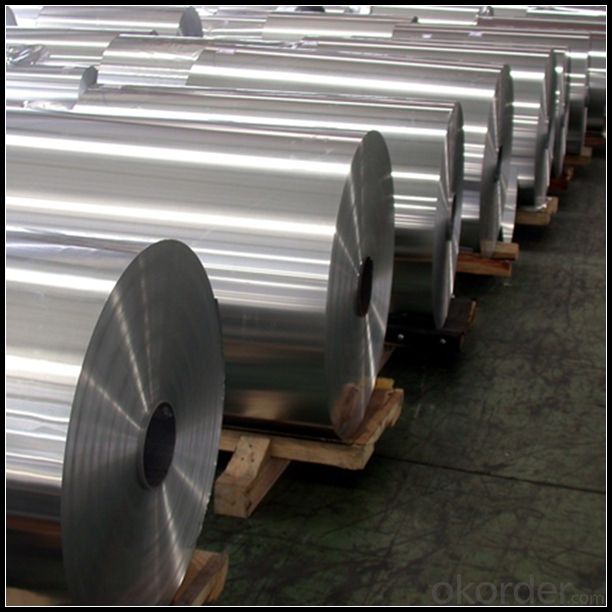
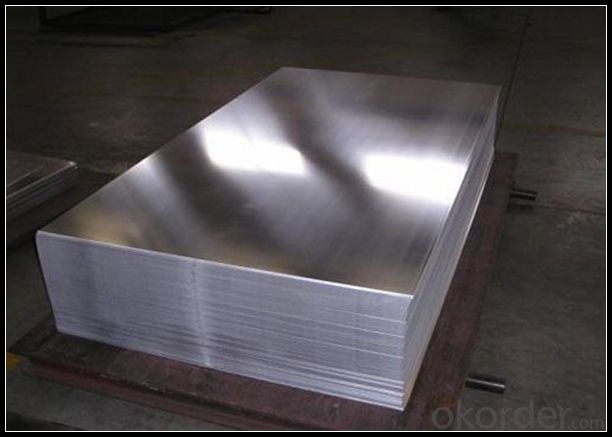
6. Our Service
1. Reply your enquiry in 24 working hours. |
2. OEM, buyer design, buyer label services provided. |
3. Exclusive and unique solution can be provide to our customer by our well traned and professional engineers and staffs. |
4. We can provide free sample for your check |
5. We have the certification of ISO 9001 |
6. Timely delivery |
7. Special discount and protection of sales area provided to our distributor. |
8. Good after-sale service. |
7. FAQ
Q: What is the produce prase? | ||||
A: Normally it would be 40days after received your deposit. | ||||
Q: Can you provide free samples? | ||||
A: Yes, free samples will be sent to you on freight at destination. | ||||
Q: Can I get your latest catalogue? | ||||
A: Yes, it will be sent to you in no time. | ||||
Q: What is the MOQ? | ||||
A: 3 tons | ||||
Q: What are your payment terms? | ||||
A: We accept L/C, D/A, D/P, T/T, West Union,etc. |
- Q: Is it possible to use aluminum strips as a material for flooring?
- <p>Aluminum strips can indeed be used for flooring, particularly in industrial or commercial settings where durability and resistance to wear are important. They are known for their strength, low maintenance, and resistance to corrosion. Aluminum strips are often used in modular flooring systems, providing a sleek and modern appearance. However, they may not be as common or suitable for residential applications due to concerns about thermal conductivity, noise, and the potential for a cold, hard feel underfoot.</p>
- Q: What are the potential health risks related to the use of aluminum foil?
- <p>While aluminum foil is widely used in cooking and food storage, there is limited evidence to suggest significant health risks. Some studies have linked aluminum exposure to neurological conditions like Alzheimer's, but the connection is not conclusive. The body does not absorb significant amounts of aluminum from foil, especially when used properly. However, it's important to avoid wrapping acidic or highly acidic foods in aluminum foil, as this could potentially lead to increased aluminum leaching. Overall, using aluminum foil in moderation and following proper food handling practices can minimize any potential risks.</p>
- Q: This question asks for the standard cost range of aluminum strip stock, which is a type of metal material.
- <p>The typical price range for aluminum strip stock can vary significantly based on factors such as grade, thickness, width, and market conditions. As of recent market trends, prices can range from approximately $1.50 to $3.00 per pound for common grades like 1100 or 3003. However, for more specialized grades or custom specifications, the cost can be higher, potentially ranging from $2.00 to $5.00 per pound or more. It's important to note that these prices are subject to change due to fluctuations in the global aluminum market and should be verified with a supplier for the most accurate and current pricing.</p>
- Q: What are the regular maintenance tasks required for aluminum strips?
- <p>Regular maintenance tasks for aluminum strips primarily involve cleaning and inspection. It's essential to remove dirt and debris to prevent corrosion and maintain the strip's integrity. Periodic visual inspections should be conducted to check for any signs of wear, damage, or corrosion. If the aluminum strip is part of a mechanical system, lubrication may be necessary to reduce friction and wear. Additionally, ensuring that the strip is securely fastened and not under undue stress is crucial. For outdoor applications, regular checks for environmental damage are advised. In some cases, protective coatings or treatments may be applied to extend the strip's lifespan.</p>
- Q: What are the regular maintenance concerns associated with aluminum siding on buildings?
- <p>Aluminum siding is generally low-maintenance, but there are a few issues that may require attention. These include checking for dents or damage caused by impacts, ensuring proper drainage to prevent water damage, and cleaning to remove dirt and grime that can dull the finish. Additionally, it's important to inspect for signs of corrosion, especially in coastal areas with high salt content, and to address any loose or peeling paint to prevent further damage. Regular inspection and minor repairs can help maintain the longevity and appearance of aluminum siding.</p>
- Q: What are the safety standards or guidelines that should be followed when using aluminum strips?
- <p>Yes, there are safety standards for using aluminum strips. These include ensuring that the aluminum is of the correct grade for its intended use, following guidelines for handling and storage to prevent contamination or damage, and adhering to regulations regarding worker safety, such as wearing appropriate personal protective equipment. Additionally, it's important to comply with local and international standards like ASTM or ISO specifications for aluminum products. Proper ventilation should be maintained during processing to avoid inhalation of dust or fumes, and safety measures should be taken to prevent fires, as aluminum can be a fire hazard in certain conditions.</p>
- Q: This question asks for a comparison of the pros and cons of using aluminum strips as a material for exterior cladding on buildings.
- <p>Aluminum strips for exterior cladding offer several advantages, including their lightweight nature, which reduces structural load. They are also resistant to corrosion, making them suitable for various climates and weather conditions. The ease of installation and maintenance is another benefit, as aluminum is less prone to damage and requires minimal upkeep. Additionally, aluminum strips can be easily recycled, contributing to sustainability efforts. However, there are disadvantages such as the potential for thermal expansion, which can lead to buckling or distortion over time. Aluminum may also dent or scratch more easily than some other materials, and it can conduct heat and cold, potentially leading to energy inefficiency. Lastly, while it is cost-effective in the long run, the initial installation cost can be higher compared to some traditional materials.</p>
- Q: Explain the relationship between aluminum strips and aluminum foil, including their similarities and differences.
- <p>Aluminum strips and aluminum foil are both made from the same material, aluminum, but they differ in their form and thickness. Aluminum strips are typically thin, flat pieces of aluminum that are longer and narrower compared to aluminum foil. They are often used in industrial applications, such as in the manufacturing of electrical components or as a conductive material in various devices. Aluminum foil, on the other hand, is much thinner and is commonly used in cooking, food storage, and packaging due to its high barrier properties against air and moisture. While aluminum strips may be thicker and more rigid, aluminum foil is lightweight and flexible, making it suitable for a wide range of consumer and household uses.</p>
- Q: This question asks for the various factors that can influence the pricing of aluminum strips.
- <p>The price of aluminum strips is influenced by several factors, including the global supply and demand dynamics, the price of aluminum on the commodities market, production costs, transportation expenses, tariffs and trade policies, market competition, and economic conditions. Additionally, the quality and specifications of the aluminum strips, such as purity and thickness, can also affect pricing. Fluctuations in energy costs, especially for electricity used in the smelting process, can impact production costs and, consequently, the price of aluminum strips. Lastly, geopolitical events and environmental regulations can also have an indirect effect on the availability and cost of aluminum, thus influencing strip prices.</p>
- Q: This question asks if there are different types of aluminum with varying levels of electrical conductivity.
- <p>Aluminum, as a pure element, has a consistent electrical conductivity. However, its conductivity can be affected by the presence of impurities or alloying elements. In general, the higher the purity, the better the conductivity. Alloys like 1100 aluminum (99.00% pure) have the highest conductivity among aluminum alloys. Adding elements like copper, magnesium, or silicon to aluminum can increase its strength but will decrease its conductivity. Therefore, while there isn't a 'better' type of aluminum in terms of conductivity, there are alloys with varying levels of conductivity based on their composition and purity.</p>
Send your message to us
4 Inch Wide Aluminum Strips - Aluminium Sheets/Coil 5005 with Different Specifications
- Loading Port:
- Tianjin
- Payment Terms:
- TT OR LC
- Min Order Qty:
- 1 m.t.
- Supply Capability:
- 4999 m.t./month
OKorder Service Pledge
OKorder Financial Service
Similar products
Hot products
Hot Searches
Related keywords
